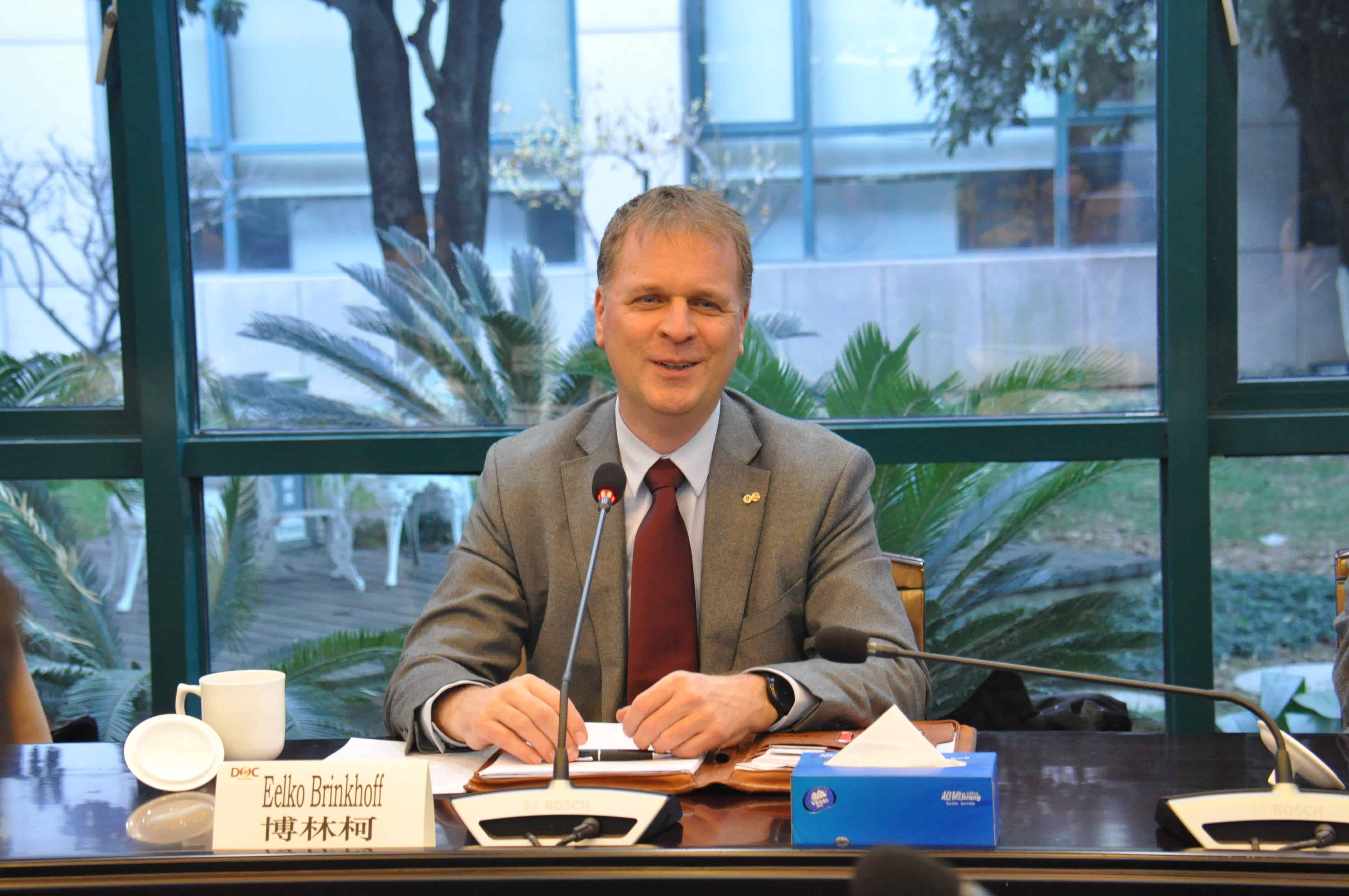
While war has erupted in Ukraine, Europe is imposing sanctions on Russia. The relationship between Europe and Russia is deteriorating rapidly, with all the potential consequences. The Netherlands, for example, fears in particular a halt to the supply of Russian gas and oil. “Time is running out to become energy independent as a country,” Professor Maarten Steinbuch says.
Up to 20 percent of Europe’s natural gas comes from Russia, and we in the Netherlands are also dependent on it. Civilians, scientists and politicians alike fear the war itself, as well as its social and economic implications for Europe. In the event that, due to rising tensions, Russia completely stops exporting natural gas, there will be no alternatives to replace it in the short term.
Concerns for citizens
“I am extremely shocked by the Russian invasion. First of all, of course, I feel terrible for the citizens in Ukraine. Secondly, I am very concerned about the social and economic impacts on citizens in our own country,” says Steinbuch. He is a professor at TU/e and an expert on electric mobility. “You can already see gas prices rising incredibly fast and who knows what’s to come. And especially the citizens who can’t afford it will be hit the hardest.”

This war highlights once again the disadvantages of being so dependent as a country on others for the supply of energy, the professor emphasizes. “That is really dangerous. Especially when it comes to a country that has completely different norms and values, such as Russia. As far as I’m concerned, the government is setting up an OMT for energy: a kind of Energy Management Team (EMT). After all, we need to be particularly creative over the coming months as far as finding solutions to become less dependent is concerned.”
Focus on sustainable energy and insulation
There are no one-size-fits-all solutions, but there are several things we can do. Steinbuch: “The priority is to focus on solar and wind energy at an accelerated pace. In addition, we need to start thinking about winter periods. We need gas, but we do not have to solve that problem within the national borders. We can make agreements about the supply of gas and electricity with countries that we do trust. In the very short term, it is also sensible to insulate houses as much as possible. You can, as it were, take measures to do this as soon as tomorrow. Another thing that can help is to offer premiums for cutting back on gas consumption.”
Room for manoeuvre
Visser lectures on energy transition at the Hanze University here in the Netherlands. He would also like to see the Netherlands become less dependent on Russia for its energy supply. “If the Nord Stream 1 pipeline (a double pipeline that enables Russia to supply natural gas to Europe via Germany, ed.) were to fall away, there would not be many alternatives left at the moment. In Europe, nuclear and coal-fired power plants are being shut down. We do have energy from solar and wind, but well below what is needed to compensate for shortages.”

Where energy is concerned, room for manoeuvre is always wise, the lector believes. “Now Ukraine is under attack and we are dreading a shortage of natural gas, but what if the war hadn’t taken place? In that scenario, we would still have paid through the nose for gas from Russia this winter.” In addition, it’s not just gas. Russia is also the main supplier of oil and coal to the EU. In this respect, this winter is a huge wake-up call for the Minister of Economic Affairs who, after all, is primarily responsible for a reliable energy supply.”
Also read: When it comes to climate policy, don’t put all your eggs in one basket
Major commitment to hydrogen
Visser believes that the smart thing to do in the relatively longer term is to invest fully in hydrogen, in addition to electricity. “We need to get a number of large projects off the ground that will lead to a significant reduction in the use of natural gas. Unfortunately, the Netherlands has missed the mark in the case of wind turbines, but there is still a chance to become a frontrunner with hydrogen. The great thing about hydrogen is that the existing infrastructure for gas pipelines can be used. That is cheap, of course, but more importantly, it can be done quickly because the pipelines are already in place. We know that some sectors need hydrogen in any case, because they cannot be electrified. Moreover, if there is no wind for a while, we still want to have electricity and then hydrogen is an important candidate as an energy resource.
And you can bet that the presence of hydrogen in the Netherlands will lead to a boost in the number of innovations. Of course, any such hydrogen policy must go hand in hand with the further rollout of offshore wind, among other things, because whatever existing plans there are, we desperately need to make our electricity more sustainable.”
Measures to be taken in the very short term
So what needs to be done in the short term? “This year we’ve had sheer luck that it’s a very warm winter. But next winter will also be rather tense in terms of gas. Will market parties invest heavily in filling storage facilities now that gas is so expensive? Will Russia start supplying its normal quantities of natural gas again from the summer onwards? And will we want to buy it then? To be sure, insulating homes will help, as will installing (hybrid) heat pumps. However, no miracles can be expected within the space of a year. There is already a major shortage of technical staff. That said, it’s imperative that we say goodbye to homes that only have D, E F and even G energy labels.”
But according to Visser, we cannot avoid less popular measures either. “For example, I think Europe should start using its coal-fired power plants to a greater extent again. And perhaps a few nuclear power plants in Germany are still usable, although they were shut down at the end of December. The Netherlands could consider not closing the Riverstone coal plant for the time being after all, and suspending the law that restricts the use of the other coal plants. This way, the Netherlands could temporarily free up a few billion cubic meters of natural gas at a stroke.”
Innovation in times of war
As terrible as the war in Ukraine is, in the long run it will not impede Europe’s innovative capacity. “On the contrary,” Steinbuch points out. He sees the war as a ‘wake up call’. “You see more often that after wars, important innovations get off the ground. In the long term, this can actually benefit Europe and also the climate targets we have set, although this is obviously disproportionate to the enormous disadvantages. If we set up such an Energy Management System (EMT) now, if we all put our shoulders to the wheel and work like crazy on green energy and its storage, then the energy problem can be minimized.”








